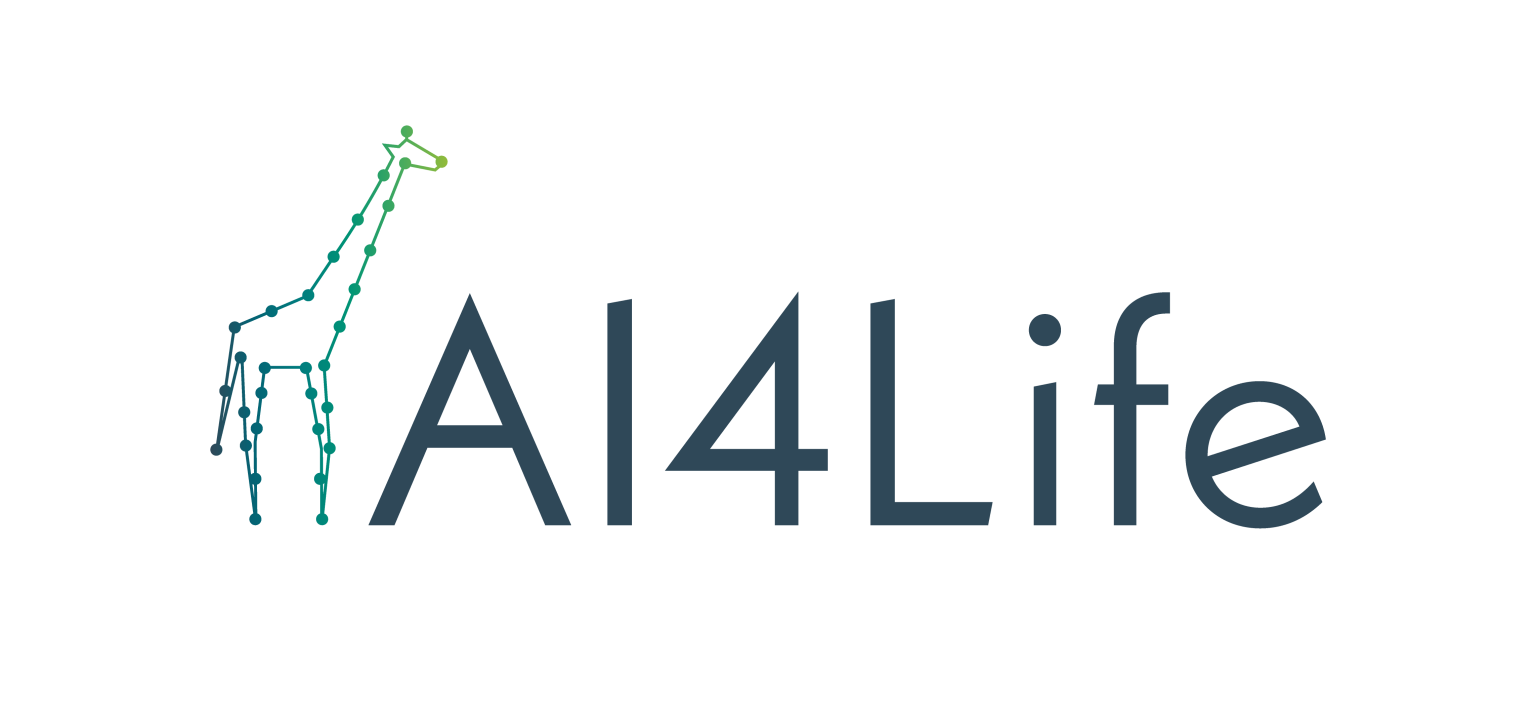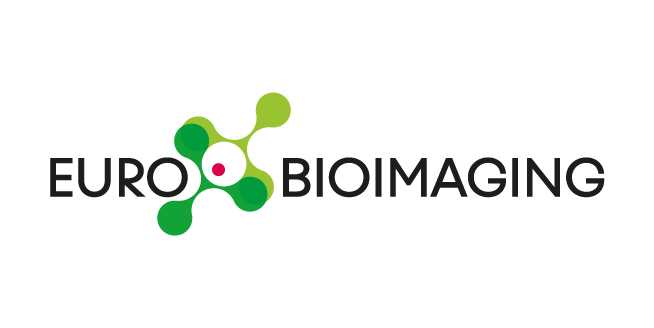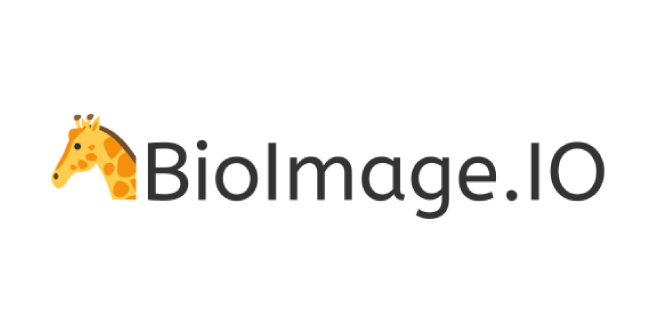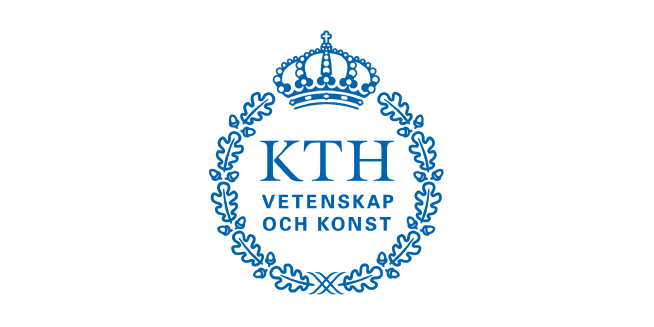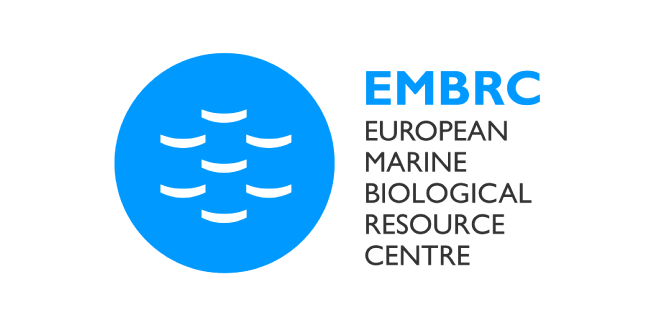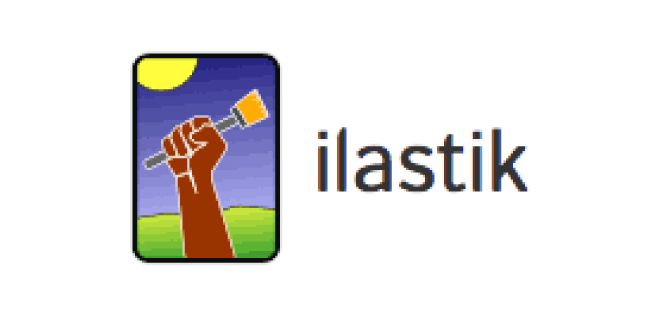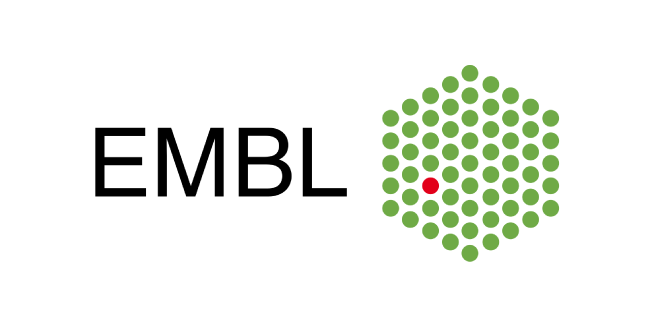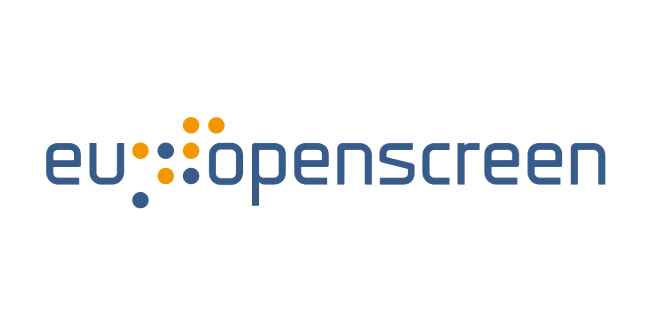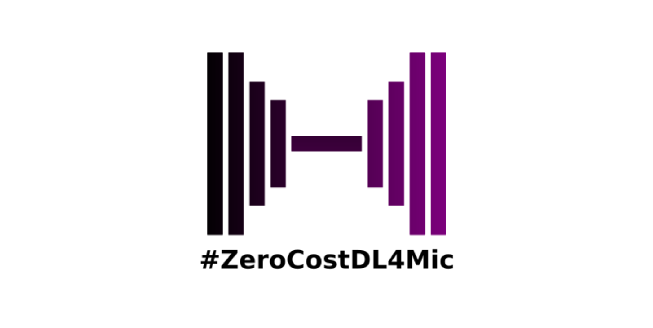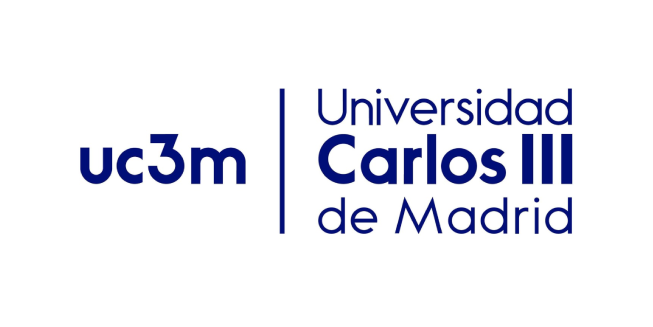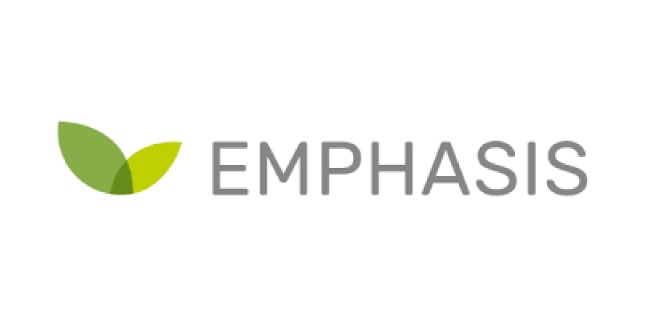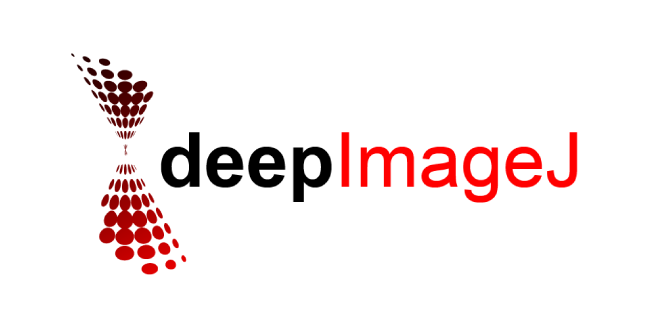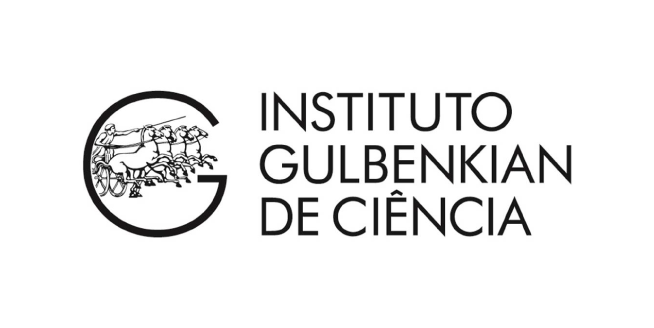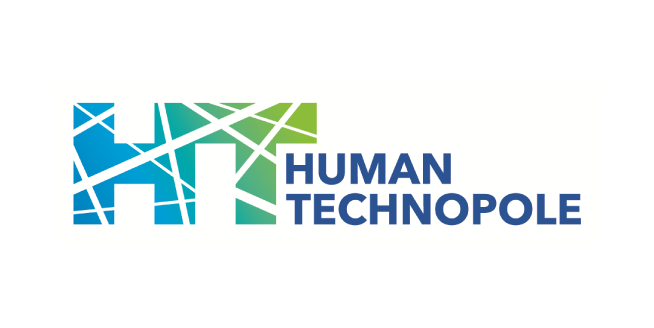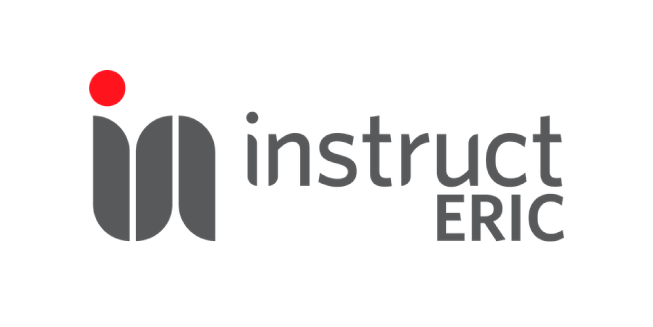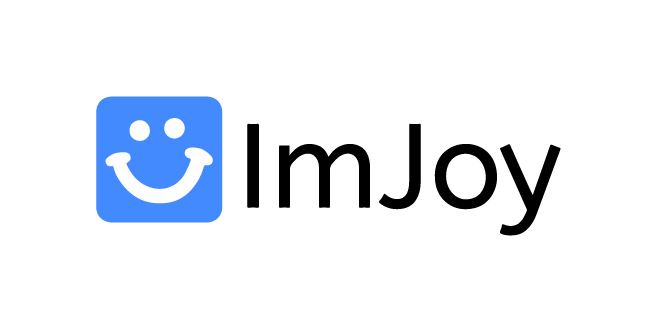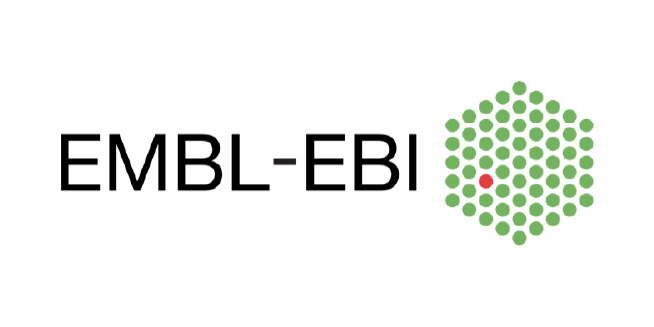Second AI4Life Open Call
The European project AI4Life aims to narrow the gap between life scientists performing biological imaging and developers of AI-based methods to analyze microscopy image data.
This is the second of a series of three annual open calls, meant to provide life scientists who have unmet image analysis needs with adequate deep learning enhanced image analysis workflows for their desired analyses.
While we are happy to hear about all your use cases, we are particularly interested in problems that are likely not unique to your own work but limit the rate of scientific discovery for multiple individuals and/or scientific groups and communities.
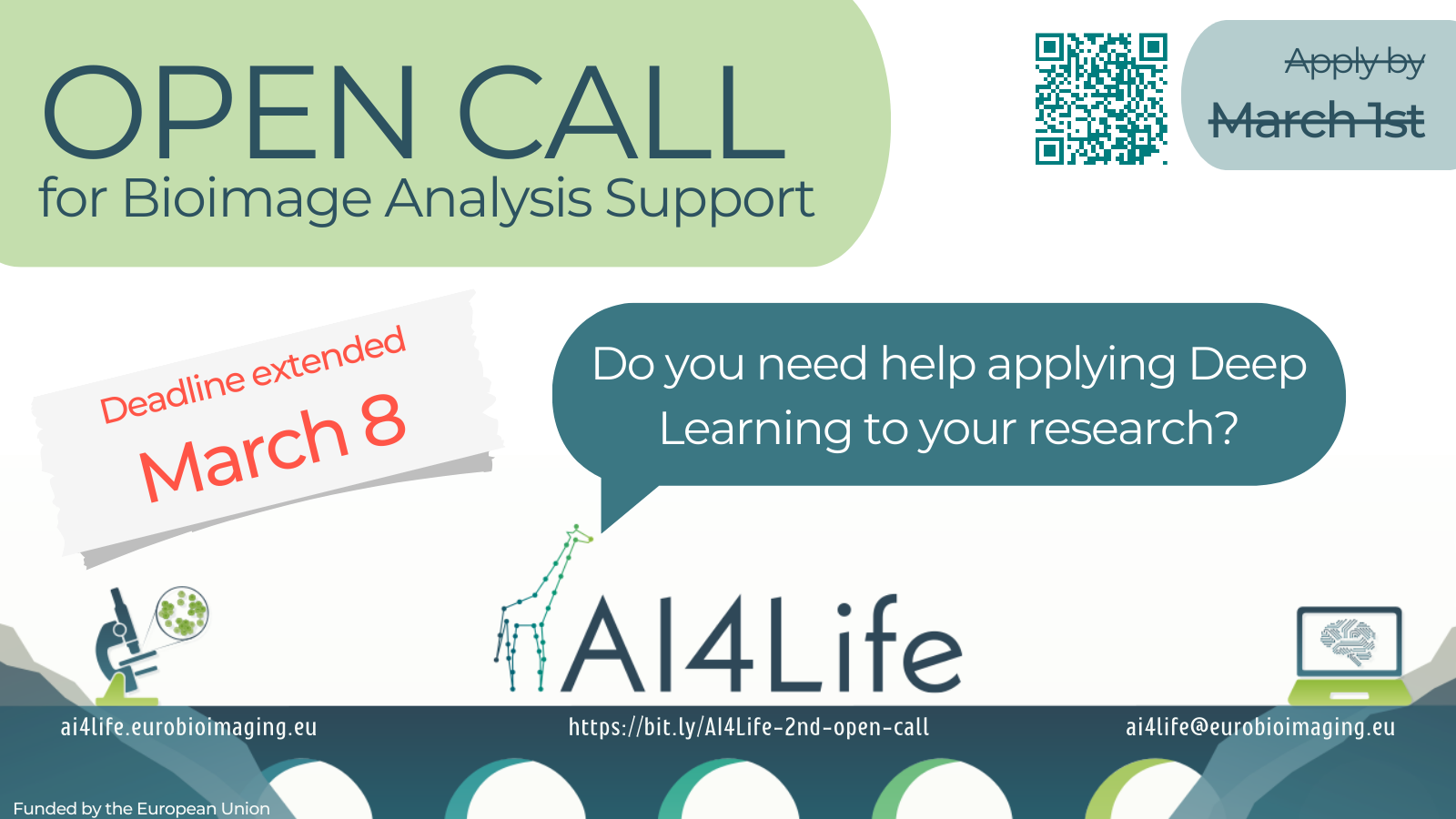
What do we offer to the selected projects?
We welcome proposals for projects from anyone who operates on life-science image data and has the interest to evaluate, together with our AI4Life team, if modern deep learning-based methods can solve or improve your analysis workflows. Some concrete examples are described below.
In this second Open Call, we have a new service to offer: an initial consultation phase. Happening prior to the final selection of the projects, it will help assess the availability and format of the data, as well as the suitability of deep learning methods for your project. For certain projects, the consultation phase might be enough to solve the problem and greatly improve your analysis pipeline!
For submitted projects that require more than consultation, the AI4Life team will offer to engage in a more in-depth collaboration to develop a suitable analysis solution for as many projects as possible. At the end of the collaboration, the new analysis workflow and a sufficient subset of the data for others to replicate our results will be shared publicly with the community. Like this, others can learn from what we did and everybody wins!
If you remain unsure if you should apply, which likely you should, let us give you a few examples of what we hope motivates people to apply:
We offer to evaluate how deep learning approaches might improve your analysis workflows. Furthermore, we will collaborate with you to find an adequate method or workflow involving cutting-edge deep-learning methodologies.
We offer to consult on the training data (labels) you might need for your task at hand. Additionally, we offer to collaboratively work on open labeling pipelines that you can then use to create the required ground truth labels.
We offer to consult on available methods and tools and help you make sound decisions on how to set them up and use them in your existing workflows. Additionally, we can also help you test and evaluate said solutions and compare them on adequately chosen metrics.
1) Unsuccessful application: listing your problem on our Bartering Corner.
If we don’t have the bandwidth to solve your problem, others might! We believe that most submitted projects should receive attention, but we will, unfortunately, not be able to engage with all proposed projects. In case your proposal will not be selected, we offer a space to showcase your project on our Bartering Corner on the AI4Life website. We will advertise the portal in presentations during conferences and courses and put references on the image.sc forum and other visible fora, and try to connect you to other members of our community who can then potentially help you. We will advertise this page to computational experts and hope to facilitate fruitful collaborations that go beyond the support you will receive from AI4Life.
2) Successful application: casting your analysis problem in a public challenge.
At the end of the Open Calls solving phase, the selection committee will assess whether each project presents an interesting challenge for the computer science community. For a project that fulfills the committee criteria, we will offer to help you make a suitable subset of your data available as a so-called “public challenge”. Computer scientists like to face such challenges to measure their methods against others. This has the potential to see many different approaches being tested or even adapted for your analysis tasks.
What are the requirements for participation?
- You are working in the life sciences and are analyzing scientific image data.
- The subset of your raw data required by us to work on your analysis task is (or will be before the project starts) openly accessible under a permissive license, e.g. CC-BY, CC-BY-SA, or CC0.
- The outcomes of our collaborative efforts can be shared (a subset of the data on the BioImage Archive, trained models on the BioImage Model Zoo, and analysis workflows on the AI4Life website or open-access repositories).
To know more, please take a look at our FAQs.
How will we evaluate your submission?
We have appointed an international team of expert reviewers who help us evaluate projects according to the following criteria:
- Technical feasibility of the project, i.e. can deep learning methods help?
- Can the task be completed within approximately 6 months of part-time collaboration between the proposing party and the AI4Life team? The number of required working hours for the proposed project will be estimated by our reviewers, giving you a potentially interesting indication of the complexity of your project.
- What is the potential impact of finding an improved solution for the described analysis problem? More specifically, we will evaluate
- the potential impact of improved analytical methods for the life-science community at large,
- the absence of ready-to-use tools that would solve your problem,
- the likelihood that deep learning will actually lead to improved solutions.
The scientific data you provide will be treated confidentially and the reviewers will sign a confidentiality and non-disclosure agreement.
See how the evaluation process worked during the First Open Call.
More details can also be found in our FAQs.
Opportunity alert! Interested in becoming a reviewer for this Open Call? Apply here!
What happens after the review?
- Consultation phase: We will reach out to the top-ranked projects to better evaluate their needs, and assess whether their project requires deep learning methods, advice on existing tools, and data preparation. Some projects might be already “solved” following the consultation phase, in particular when existing tools can directly provide a solution.
- Project selection: After the consultation phase, some projects will be selected for the Open Call and our deep-learning experts will spend the next 6 months trying to find a suitable solution to all projects.
How many projects will be selected?
- Our final selection will balance the estimated effort for the completion of projects with their estimated potential impacts for all benefiting parties.
- We will, additionally, try to diversify projects such that we cover as many different communities and data modalities as possible.
- Hence, the number of selected projects will depend on the time required for their completion and the outcomes of the consultation phase. While all submissions will receive some amount of useful feedback and indications, we expect to take on 5 to 10 projects per call for a more in-depth collaboration.
What is the overall timeline of this Open Call?
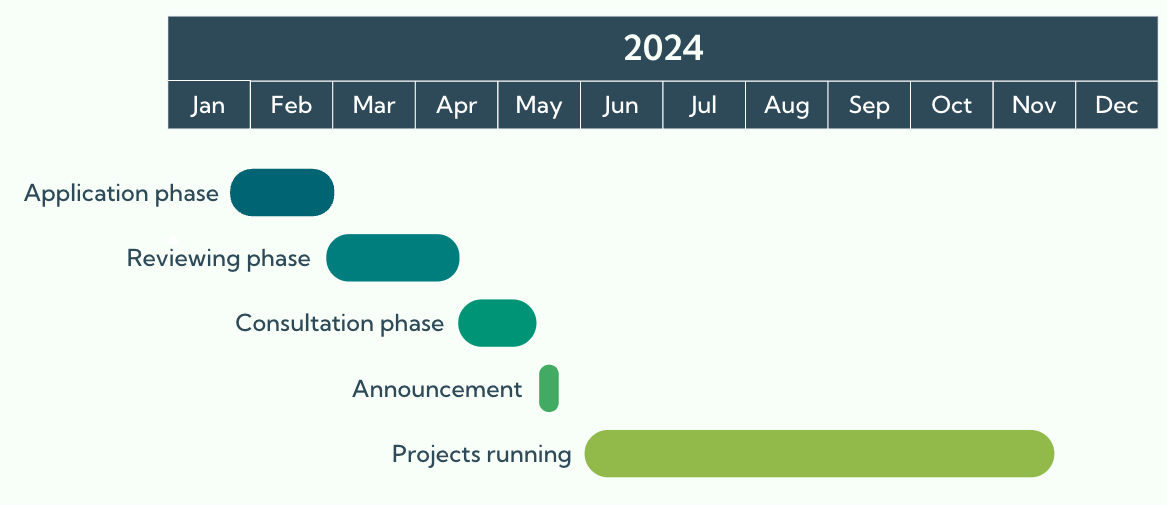
How to apply?
Our goal is to make the application process fast and easy.
Please read carefully our FAQs and fill out the online application form at:
https://bit.ly/ai4life-oc2024-apply
The deadline for this call is the 8th of March 2024 at Noon UTC.
